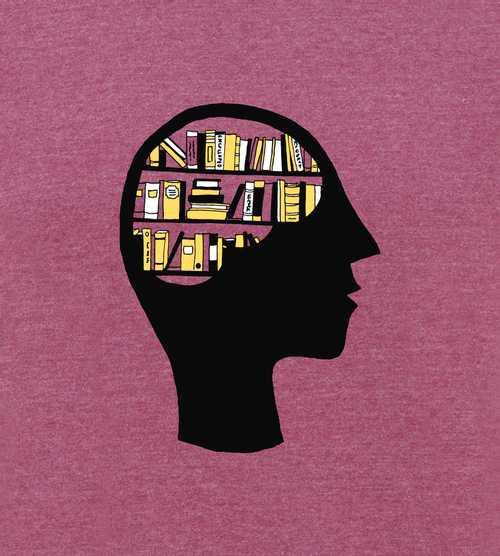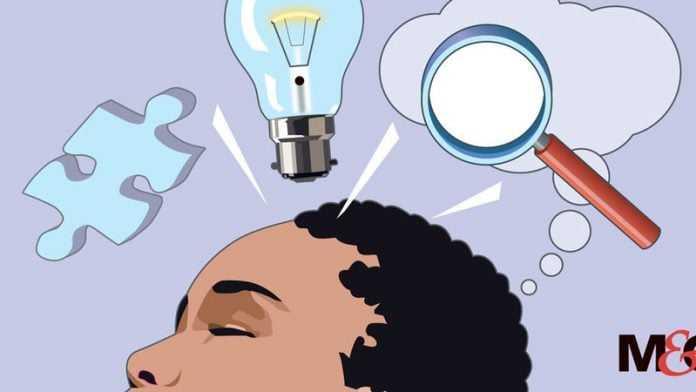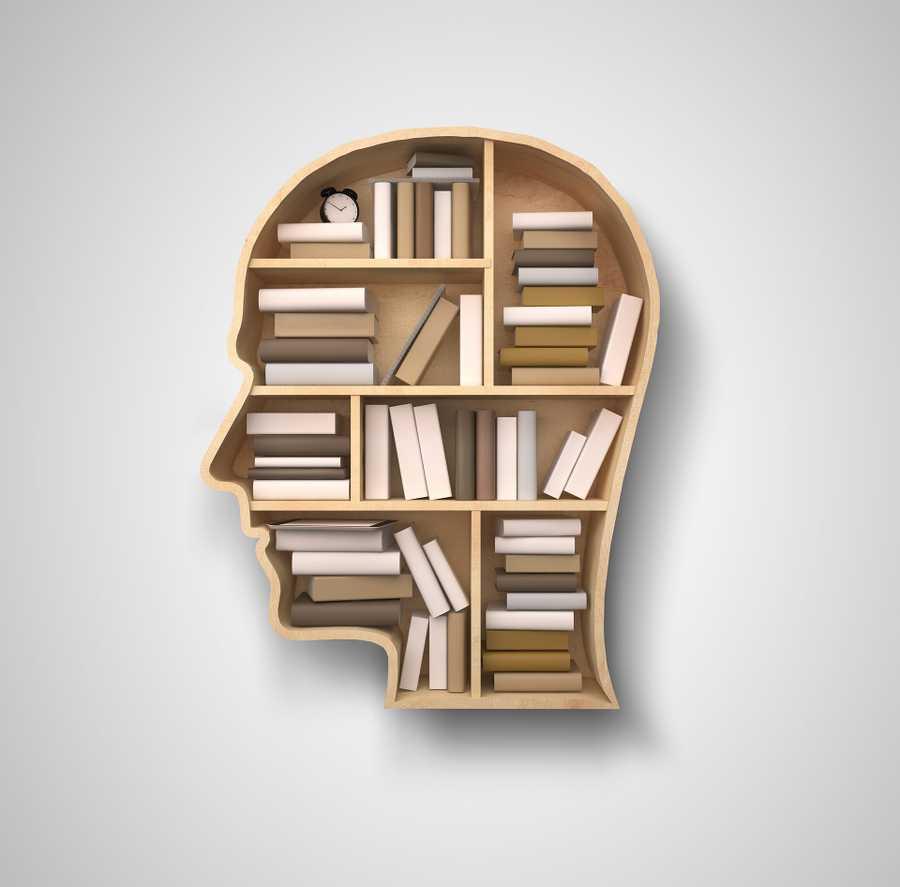Learn more about problemsolving with this collection
How to network effectively
How to read body language
How to find common ground with others
The thinking problem
Our brains must make sense of the confusing world around us by processing a never-ending stream of information. Ideally, our brains would analyze everything thoroughly. However, they cannot, because it is too impractical.
- Thinking takes time, and our decisions must often be fast. You must immediately know to cross a road quickly, when you hear a car rapidly approaching.
- Thinking also uses energy and our brains have only a limited supply. Analyzing everything would quickly deplete our energy stores.
These limitations represent a thinking problem: Our brains simply do not have enough resources to understand the world without taking some mental shortcuts.
206
1.33K reads
Our smart, lazy brains
We experience and interpret the world around us based on what we already know, even though sometimes what we know is flawed. Our brains find shortcuts to overcome the thinking problem by relying on thoughts already stored in our minds, called schemas. Schemas do the processing for the brain, like auto-fill, but for thinking.
Using schemas is more efficient than analyzing every aspect of every moment. They allow our brains to process more information with less effort, saving brain power for other important thinking and problem-solving.
180
816 reads
Our brains as libraries
- Schemas are the building blocks of our knowledge about the world. Our brains rely on different types of schemas to understand different types of situations.
- Schemas are like books in your mind telling you what different objects are and what they do. A bird schema, for example, might say that birds are “small animals,” “have wings” and “can fly.” Together, all the objects you know form a collection of books that fill the shelves of a library in your mind.
- Our brains trust what these books or schemas tell us when we try to understand objects in our environment.
176
632 reads
Why we see things differently
Whether our judgments are accurate depends on the schemas or books available in our mental libraries.
When our brains try to understand unfamiliar objects, they must rely on a schema for a different but similar object because the correct schema is unavailable. If the object and chosen schema closely match, our brains effortlessly – but inaccurately – assume the two objects are the same.
171
753 reads
CURATED BY
More like this
4 ideas
4 common but harmful myths about how your brain works
fastcompany.com
7 ideas
Read & Learn
20x Faster
without
deepstash
with
deepstash
with
deepstash
Access to 200,000+ ideas
—
Access to the mobile app
—
Unlimited idea saving & library
—
—
Unlimited history
—
—
Unlimited listening to ideas
—
—
Downloading & offline access
—
—
Personalized recommendations
—
—
Supercharge your mind with one idea per day
Enter your email and spend 1 minute every day to learn something new.
I agree to receive email updates


